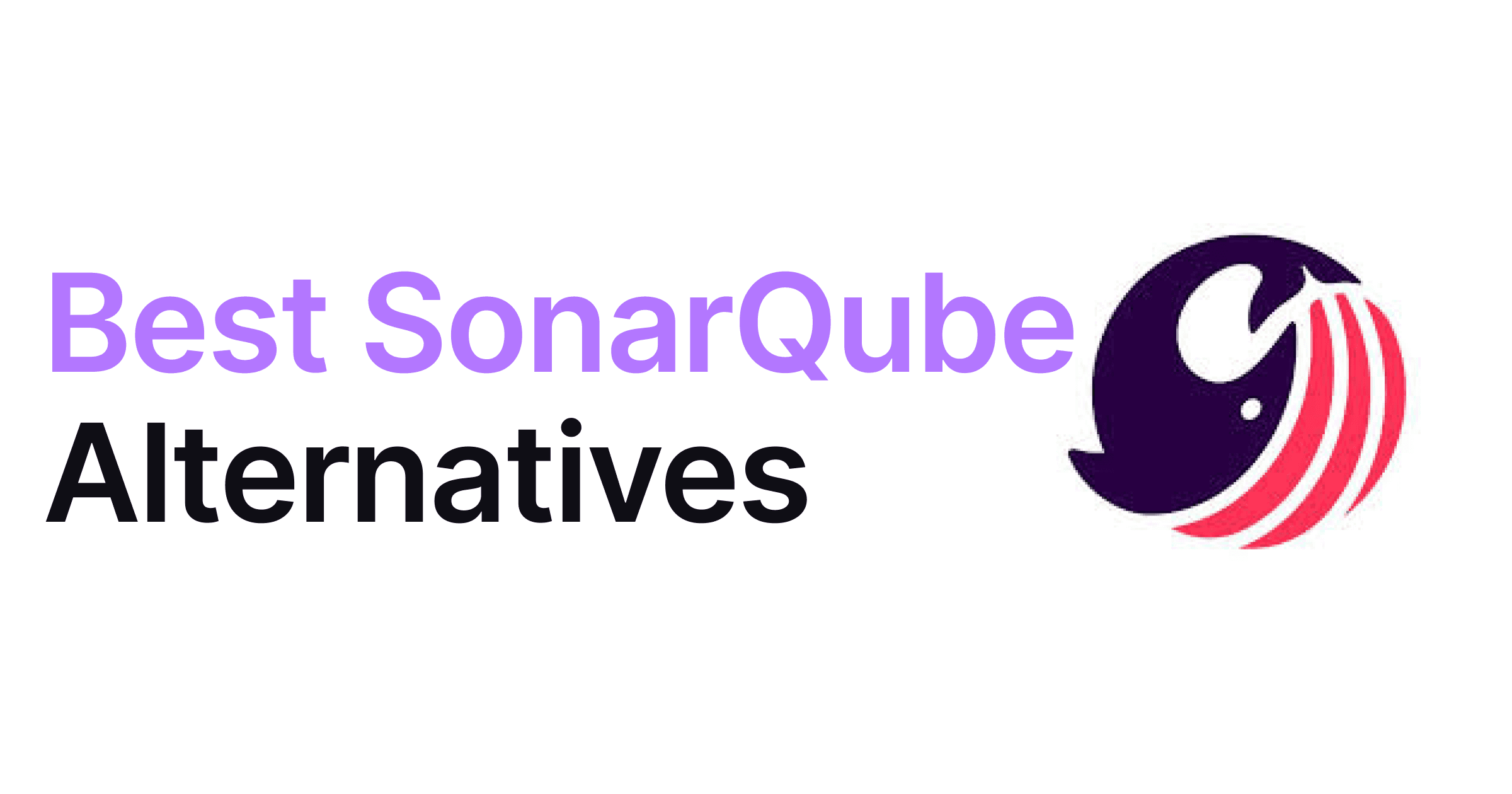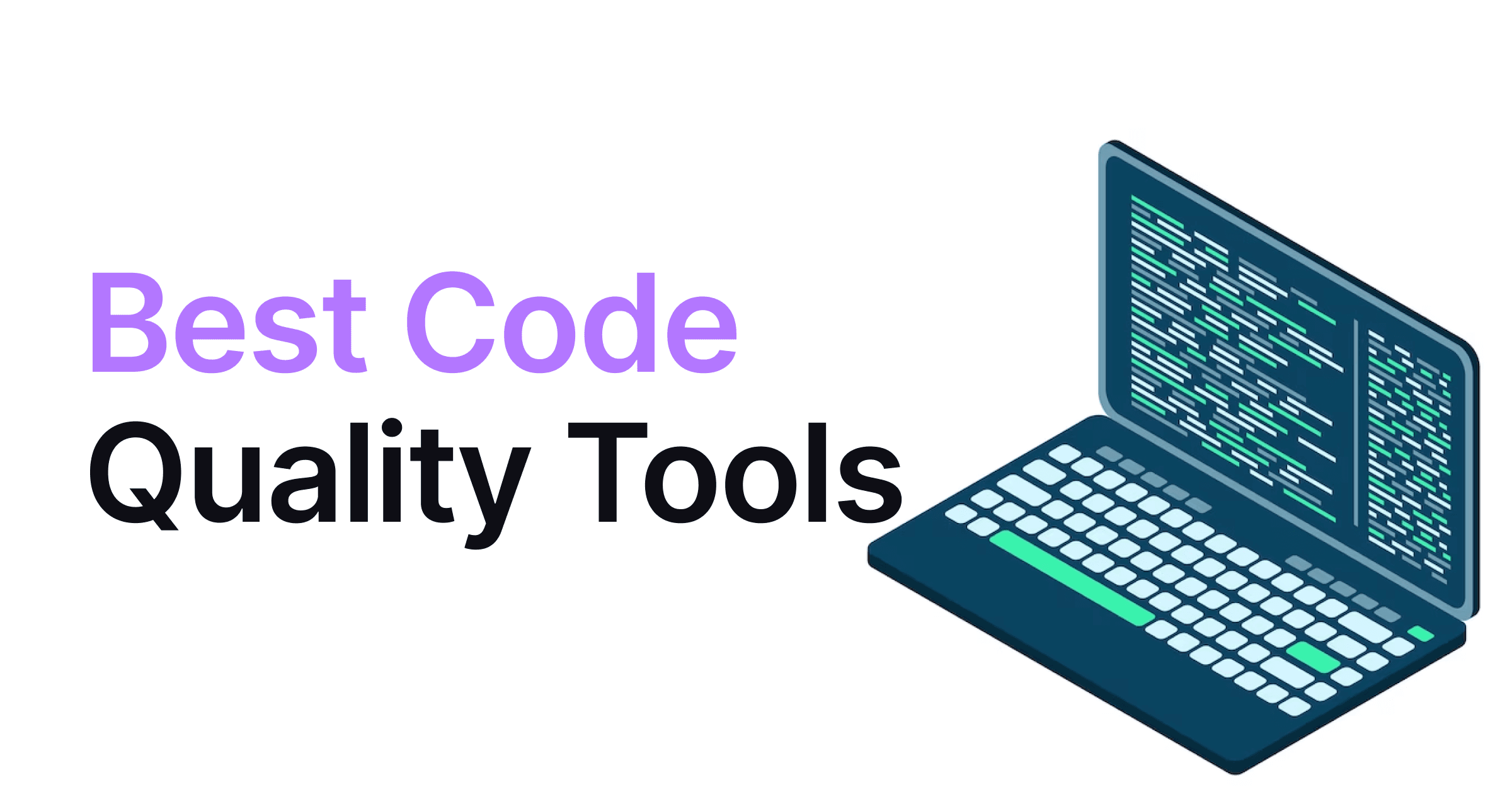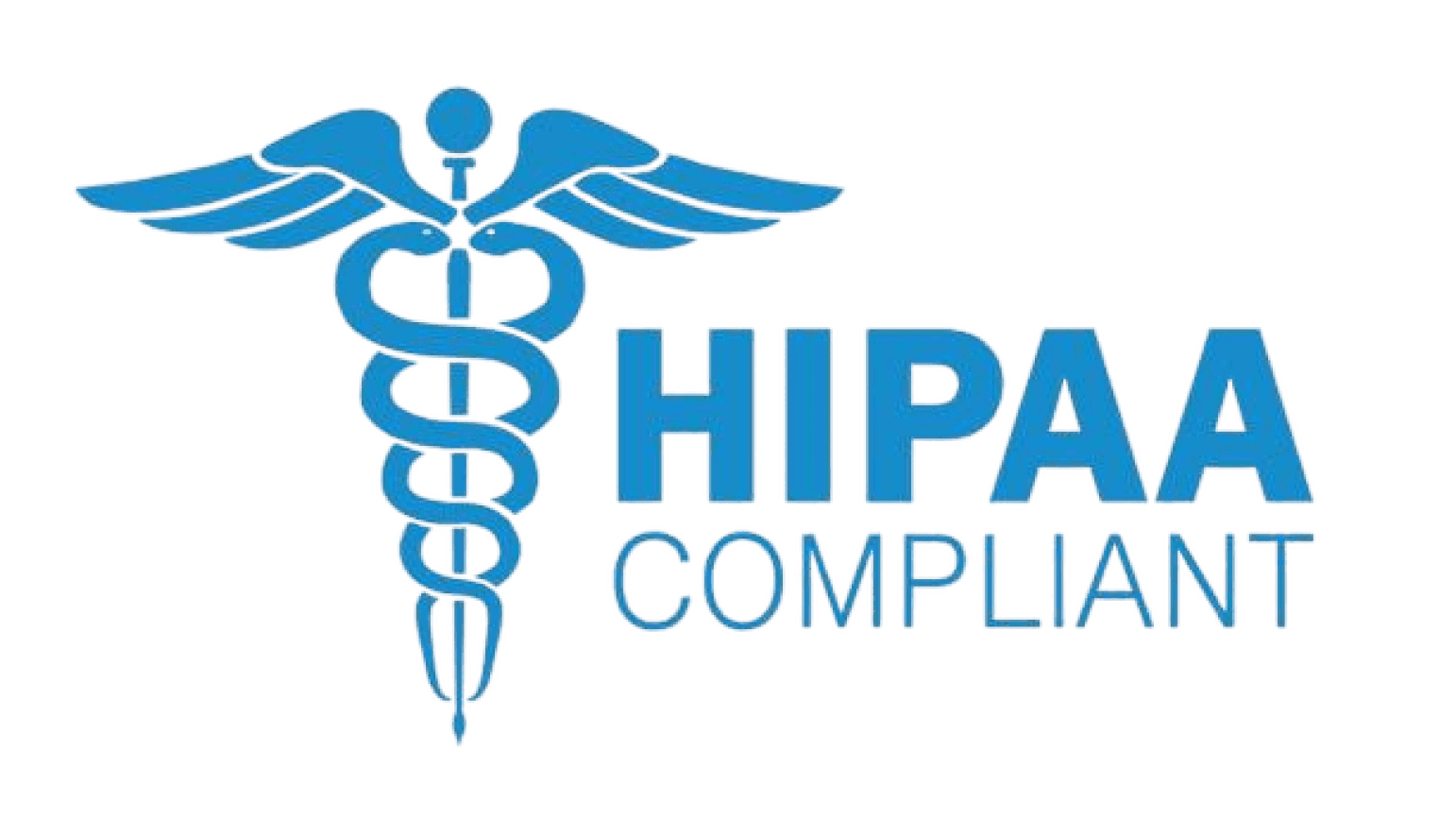HIPAA Compliance
Code Security
Amartya Jha
• 01 January 2025
Navigating the complex world of healthcare regulations can seem daunting, but understanding HIPAA compliance is more important than ever. Did you know that violators of HIPAA rules can face up to $50,000 in fines per violation? This means that healthcare providers and related organizations must stay informed and compliant to protect both their patients and their business interests.
This article provides a comprehensive overview of the essential aspects of HIPAA compliance, especially as we look ahead to 2025. Whether you're a healthcare provider or a technology partner, understanding these regulations is crucial to safeguard sensitive health information and ensure efficient healthcare operations.
Understanding HIPAA Compliance
Definition and Purpose of HIPAA
The Health Insurance Portability and Accountability Act (HIPAA) was signed into law in 1996 with the primary goal of protecting patient health information. It aims to simplify healthcare administration while safeguarding sensitive patient details. Let's break down the key provisions and objectives:
Safeguarding Patient Information: HIPAA mandates the protection of health information by setting standards that healthcare organizations, and their business associates, must follow to protect patient data.
Administrative Simplification: It also aimed to streamline the electronic processing of healthcare transactions. By adopting national standards for electronic healthcare transactions, HIPAA reduces paperwork and facilitates efficient data handling.
Privacy and Security Rules: To address the possibility of privacy erosion, HIPAA introduced the Privacy Rule in 2000, later amended in 2002, that outlines how Personal Health Information (PHI) should be protected. Additionally, the Security Rule was created in 2003 to protect electronic PHI, ensuring its confidentiality, integrity, and availability.
Recent Changes Leading to 2025
The healthcare landscape is constantly evolving, necessitating updates to HIPAA compliance standards to address new challenges. Here's a look at some recent changes, specifically focusing on updates pivotal for 2025:
Enhanced Reproductive Health Information Privacy: In 2024, updates to the HIPAA Privacy Rule were implemented to bolster the privacy of reproductive health information. This change signifies a broader understanding of patient privacy amid changing societal norms.
Considerations for Security Frameworks: The HITECH Act plays a crucial role in enhancing the security of health information. Recent updates have increased focus on adopting recognized security frameworks, facilitating organizations in demonstrating compliance more effectively.
Strides Towards Security Automatization: As many organizations gear up for 2025, there is an emphasis on automating compliance processes to address increasing data volumes and complexity. The goal is to ensure robust privacy standards while maintaining operational efficiency.
External resources such as HIPAA Journal's updates and HHS news releases provide detailed insights into these ongoing updates.
HIPAA Compliance Checklist for 2025
A comprehensive guide to understanding the essentials of HIPAA compliance for organizations managing protected health information (PHI) in 2025. This checklist is essential for safeguarding personal health information and ensuring your organization adheres to the Health Insurance Portability and Accountability Act (HIPAA) standards.
Establish Need for HIPAA Compliance
To start your compliance journey, understand if your organization is classified as a 'Covered Entity' or 'Business Associate.' Each of these categories has distinct obligations under HIPAA.
Covered Entities: These typically include healthcare providers, health plans, and healthcare clearinghouses that transmit any health information in electronic form in connection with a HIPAA transaction.
Business Associates: These are individuals or entities that perform certain functions or activities on behalf of a Covered Entity that involves the use or disclosure of PHI.
Determine Responsibilities
Handling PHI: If your organization deals with electronic health transactions or storage of PHI, it needs to follow specific HIPAA mandates.
Impact on Various Roles: Depending on your role – whether you're managing customer billing or developing digital health apps – your responsibilities under HIPAA will vary.
Designation of Key Officers
Having dedicated officers is crucial for effective HIPAA implementation and oversight.
HIPAA Privacy Officer: Tasked with crafting and enforcing privacy policies, the Privacy Officer ensures that the collection, handling, and storage of PHI meet legal standards.
Security Officer: This role is vital in implementing security measures to secure electronic protected health information (ePHI). Their duties align with safeguarding the integrity, availability, and confidentiality of ePHI in accordance with the HIPAA Security Rule.
New HIPAA Requirements for 2025
Delve into updated and forthcoming regulatory changes and how they impact compliance strategies.
New Amendments and Privacy Rules
The landscape of healthcare privacy is undergoing notable reforms with HIPAA's updated 2025 regulations, which introduce significant changes to privacy rules and data management. These amendments aim to enhance the protection of patient information while granting individuals greater control over their personal data.
Prohibitions on PHI in Certain Investigations: The new rules make it clear that using Protected Health Information (PHI) in specific types of investigations without patient consent is prohibited. This ensures that individuals' health data is not exploited in scenarios that could compromise their privacy. Read more about the amendments.
Expanded Individual Rights: HIPAA amendments have expanded the rights of individuals concerning their data. Patients now have more straightforward procedures to inspect their records. Additionally, the fees for accessing electronic health records have been reduced, which aligns with the broader move towards patient-centered care.
Facilitating Easier Records Inspection: The ease of accessing health records is crucial for empowering patients. By ensuring that patients can effortlessly access their records, HIPAA encourages more informed decisions regarding their care.
Lower Fees for Electronic Access: Reducing the costs associated with electronic access to health records is a step towards ensuring that financial barriers do not impede patients from managing their health data.
Emphasis on Cybersecurity
As the digital environment continuously evolves, the upcoming HIPAA Security Rule omnibus update introduces more stringent cybersecurity standards. These are mandatory for entities regulated by HIPAA and reflect the increasing sophistication of cyber threats that healthcare providers face today.
Strengthening Security Measures: The 2025 updates mandate stronger security measures. These are designed to protect against data breaches, which have become increasingly prevalent.
Comprehensive Risk Assessment: Healthcare organizations are required to perform comprehensive risk assessments to identify vulnerabilities and prioritize protection strategies. Learn more about HHS cybersecurity measures.
Training and Protocol Updates: Regular training for staff on the best cybersecurity practices is now a regulatory requirement, along with updates to existing protocols to ensure they align with the latest standards.
Innovations in Cybersecurity Technologies: There is an emphasis on adopting the latest technologies to secure PHI and meet HIPAA’s stringent standards. This includes advanced encryption methods and multi-factor authentication systems.
Notices of Proposed Rule Making (NPRMs)
The Health and Human Services (HHS) department has been active in proposing updates through Notices of Proposed Rulemaking (NPRMs) to improve patient rights, privacy, and data interoperability.
Focus on Patient Rights: The proposed updates stress the importance of enhancing patient rights, which involve better access to their health information and control over who can view or share it.
Detailed information is available on HHS's regulatory initiatives.
Privacy Enhancements: NPRMs suggest changes to enhance the confidentiality of patient information and reduce the instances of unauthorized disclosures.
Improved Interoperability: To make patient data more portable and ensure seamless transitions between different healthcare providers, there's a push for interoperability standards that allow for efficient data sharing without compromising security.
Stakeholder Engagement: It is crucial for all stakeholders to familiarize themselves with these proposed changes to ensure a smooth transition. Healthcare providers, insurers, and IT professionals need to align their practices with the updated regulations for compliance.
Public Feedback and Iteration: HHS actively seeks feedback from the public on these proposed changes, allowing for these rules to be refined before final implementation. This collaborative approach helps address concerns from various sectors and ensures more comprehensive regulations.
Resources and Tools for Achieving HIPAA Compliance in 2025
Achieving compliance with the Health Insurance Portability and Accountability Act (HIPAA) is an evolving challenge for healthcare providers and their partners. As the year 2025 approaches, new resources and tools are emerging to aid businesses in maintaining robust compliance with HIPAA requirements.
Automated Compliance Software
CodeAnt AI: An intuitive automated compliance software, CodeAnt AI can significantly streamline audits and assessments by automating routine tasks and offering real-time compliance monitoring.
HIPAA Compliance Report on CodeAnt AI
Documenting and Training Instruments
V-Comply: Offers compliance solutions that focus on documentation, providing templates and automated completion features that ensure accuracy and up-to-date records.
HIPAA Journal Guide: An in-depth resource that details HIPAA compliance software, offering insights into necessary tools for maintaining compliance in a structured way.
Engaging Professional Experts
ScnSoft: This company provides comprehensive HIPAA compliance consulting services that involve continuous assessments and strategy recommendations tailored to meet an organization's specific needs.
Techumen: Offers specialized services targeting the interpretation of regulatory changes, providing insights and actionable steps to ensure your organization's compliance.
Benefits of External Expertise
External consultants not only provide expert advice but also add an additional layer of accountability and oversight, ensuring compliance strategies are effectively robust and proactive to changes.
Online Courses and Workshops
HHS Training: The U.S. Department of Health & Human Services offers a range of HIPAA training modules designed to keep professionals up-to-date with policy changes and compliance techniques.
NursingCE and EPICourses: Additionally, continuing education platforms such as NursingCE and EPICourses provide specific HIPAA-focused courses that contribute to fostering a well-informed workforce.
Professional Publications and Newsletters
NetCE and AIHC: These platforms offer courses and training specifically targeted at privacy officers and compliance practitioners, ensuring they receive the latest updates on compliance practices.
Social Work Organizations: Various social work associations provide regular updates and training to their members, keeping them informed about new legislative updates and best practices in the field.
Conclusion
In summary, as we approach 2025, the landscape of HIPAA compliance is adapting to meet the challenges of data privacy and security in healthcare. The key areas of focus include enhancing patient privacy, tightening security protocols, and ensuring that healthcare providers are equipped with the necessary tools and knowledge to maintain compliance. Notably, advancements in technology and updated regulations are pivotal in these ongoing changes, requiring organizations to stay informed and agile.
For those on the forefront of technology and healthcare, utilizing tools like CodeAnt AI can simplify the complex process of compliance. Visit CodeAnt AI to discover how our AI-powered code reviewer can help identify and resolve code quality issues and security vulnerabilities, keeping your organization ahead in compliance and operational efficiency.
Read more: https://www.codeant.ai/blogs/hipaa-compliance-software





